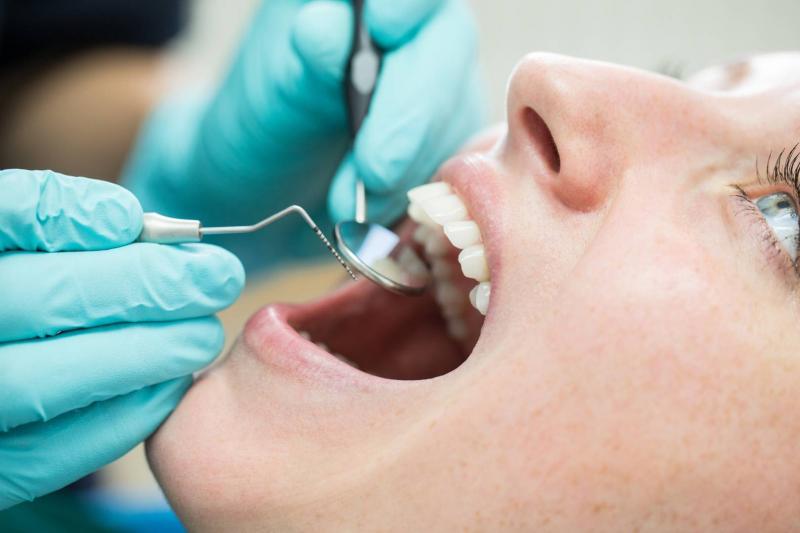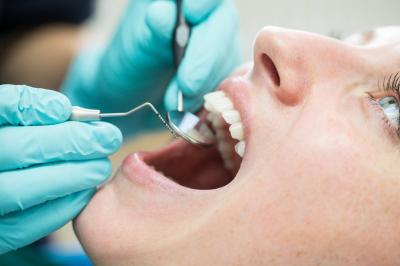Dental and oral surgery specialist Dr. Mohammed Dakhilghov points out that "one of the most common categories of diseases caused by issues with dental health includes cardiovascular and gastrointestinal diseases." He explains: "A large number of blood vessels permeate the entire oral cavity, and the blood supply there is very active. On one hand, this is necessary to ensure that the teeth and soft tissues receive sufficient nutrition, but on the other hand, any infection or bacteria in the oral cavity can spread rapidly through the bloodstream throughout the body and infiltrate organs including the heart and blood vessels."
A second category of diseases is linked to the spread of bacteria through the bloodstream—gastrointestinal diseases. He states: "Infection and bacteria are not the only threats to the gastrointestinal system. If a patient has no teeth or if the teeth are decayed and the gums are inflamed, the process of chewing food deteriorates. This means that the food reaches the stomach as a poorly chewed mass, making it hard to digest. Consequently, the stomach secretes a much larger amount of hydrochloric acid and enzymes to digest it. Increased acid secretion can eventually lead to the development of gastritis, ulcers, and irritable bowel syndrome."
The third category consists of ear, nose, and throat diseases. He adds: "The roots of the upper teeth are adjacent to or even penetrate the maxillary sinuses—large cavities on the left and right of the nose. If a tooth is not treated, the infection and inflammation from the root can spread to the surrounding tissues and potentially affect the maxillary sinuses. For this reason, ENT specialists identify diseases such as odontogenic sinusitis, sinusitis, and mucosal inflammation in the maxillary sinuses."
However, teeth are not the only cause of these issues, as there are the temporomandibular joints responsible for opening and closing the mouth. He notes: "These joints simply move the lower jaw and allow a person to speak, eat, and laugh. But if there is a dysfunction in the temporomandibular joint that the patient does not treat (such as disorders in the joint's performance and structure), it can lead to persistent headaches and migraines. Subsequently, the patient often seeks the help of internal disease specialists and neurologists, who frequently refer them to a jaw specialist, who diagnoses the cause and prescribes the necessary treatment for the temporomandibular joint."
According to him, untreated dysfunction of the temporomandibular joint negatively affects the condition of the spine, causing misalignment, neck pain, and impaired vision and hearing. Therefore, it is essential to consult a jaw specialist upon experiencing clicks or popping noises and pain in the temporomandibular joint or difficulty opening the mouth.




